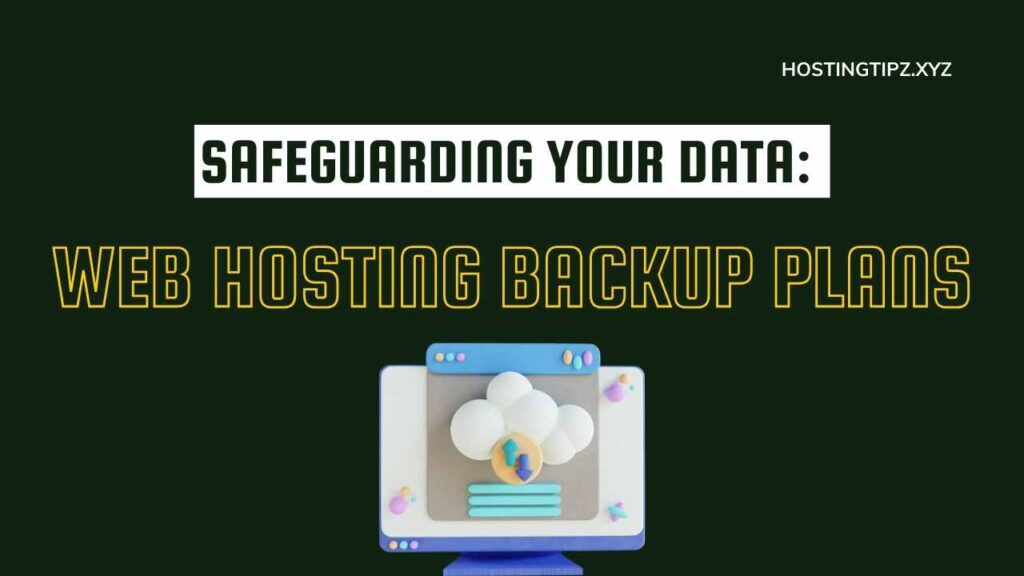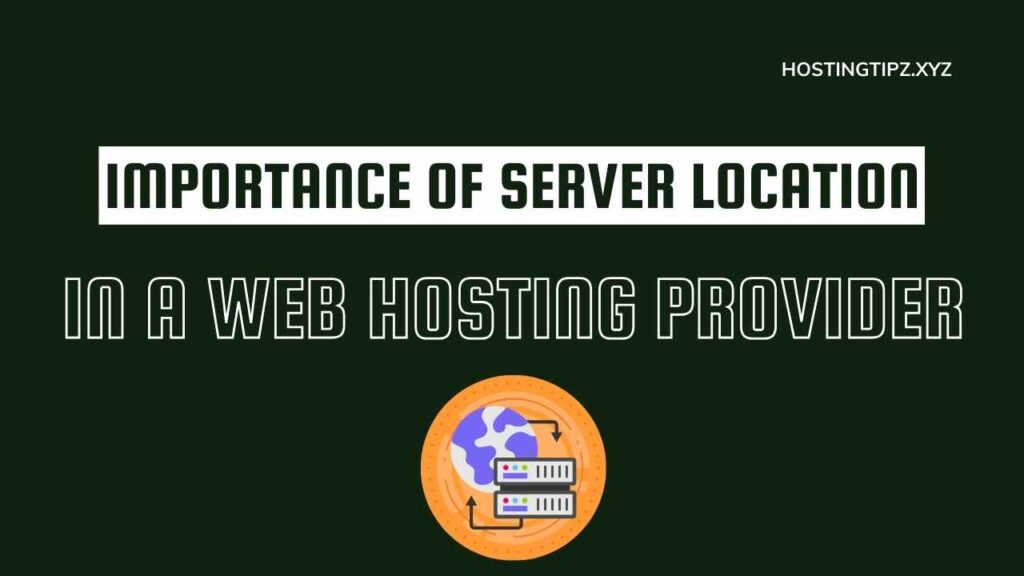Do you intend to build a website? The success of your online presence depends on choosing the best web hosting company. Making the appropriate choice can be difficult due to the abundance of options on the market. You can follow the instructions in this article to choose the ideal web host for your website. So let’s get started and investigate the important aspects!
It’s crucial to pick a web host that meets the needs of your website when it comes to web hosting. Server reliability and customer service are just a couple of the factors that affect your online presence. To assist you in making a decision, let’s examine each of these components in greater detail.
1. Understand Your Website’s Needs
Understanding your website’s particular requirements is essential before choosing a web hosting company. Be sure to take into account elements like website size, anticipated traffic, content management system (CMS), and necessary functionality. Finding a hosting company that meets the specific demands of your website will be easier if you know these prerequisites.
2. Web Hosting Types
It is possible to host a website using shared, virtual private server (VPS), dedicated, or cloud hosting, among other configurations. Each choice offers benefits and drawbacks of its own. Determine which type best fits the needs and price range of your website by weighing the advantages and disadvantages of each.
3. Server Uptime and Reliability Guarantee
For your online business to run well, website uptime is essential. Find a web host that guarantees a high uptime rate and offers a solid server infrastructure. A trustworthy service will have backup mechanisms in place to guarantee less downtime.
4. Flexibility and Scalability
It’s crucial to be able to scale your hosting resources as needed as your website grows. Pick a web host that makes it simple to upgrade or reduce hosting plans. Your website’s scalability ensures that it can manage rising traffic and resource demands without experiencing any performance difficulties.
5. Security Steps
The security of your website should be your primary concern, especially if you handle sensitive user data or engage in e-commerce. Choose a web hosting company that offers strong security tools like firewalls, virus scanners, SSL certificates, and regular backups. These precautions will shield your website from potential online dangers.
6. Customer support
Reliable customer help is crucial in the event of any technical difficulties or worries. Choose a web hosting company that offers live chat, phone, and email customer assistance continuously. You may save time and assure a smooth internet experience by receiving prompt and competent assistance.
7. Cost and financial value
Consider your budget while comparing the pricing options provided by various web hosting companies. While price is vital, don’t skimp on service and other crucial aspects. Choose a hosting company that strikes a balance between price and value.
8. An intuitive control panel
Your website and hosting settings are easy to manage with a user-friendly control panel. Choose a hosting company that provides a user-friendly, feature-rich control panel, such as cPanel or Plesk. You can effectively manage your website, domains, email accounts, databases, and other settings thanks to this without having any technical knowledge.
9. Options for website backup and restoration
Loss of data might be harmful to your website. Make sure the company providing the site hosting offers regular backups and simple restoration alternatives. This guarantees that the data on your website is safe and may be restored in the event of any faults or unanticipated events.
10. Enhancing speed and effectiveness
The user experience and search engine rankings of a website are significantly influenced by its speed. Pick a web host that makes use of cutting-edge technology to enhance website performance, such as content delivery networks (CDNs), SSD storage, and caching techniques. Better user engagement and enhanced SEO are the results of faster loading times.
11. Added Functionality and Integrations
Think about any specialized features or integrations your website might need. Check if the hosting company offers e-commerce platforms, SSL support, and payment gateway integrations, for instance, if you intend to create an online store. Make sure the hosting company can meet your needs by evaluating them.
12. Customer testimonials and reputation
Examine the web hosting company’s offersing in the marketplace. To learn more about a company’s effectiveness, dependability, and level of client happiness, read its customer evaluations and testimonials. A reliable host with stellar reviews is more likely to provide a top-notch hosting experience.
13. Money-Back Promise
Select a web hosting company that gives a money-back guarantee to reduce any potential dangers. This guarantees that you can ask for a refund if you’re unhappy with their services within a certain time frame. It gives you the assurance to test out their services without being concerned about losing your money.
Conclusion
The success of your website depends on selecting the best web host. You may make an informed choice by taking into account aspects like the requirements of your website, server dependability, scalability, security, customer support, cost, and extra features. Keep in mind to give priority to your website’s particular needs and pick a provider who shares your objectives.
15. FAQs (Frequently Asked Questions)
How do I know how many hosting resources my website needs?
Assess your website’s expected traffic, content size, and resource-intensive features to estimate your hosting requirements. Most hosting providers offer scalable plans that can be adjusted as your website grows.
Can I change my web hosting provider later?
Yes, it is possible to migrate your website to a different hosting provider. However, it can be a complex process, so it’s advisable to choose the right provider from the beginning to avoid unnecessary hassles.
What is the difference between shared hosting and dedicated hosting?
Shared hosting involves sharing server resources with other websites, while dedicated hosting provides you with an entire server dedicated to your website. Dedicated hosting offers better performance and more control but is generally more expensive.
Are there any free web hosting options available?
Yes, there are free web hosting options available, but they often come with limitations such as limited storage, bandwidth, and advertising on your website. Paid hosting plans offer more features and reliability.
Can I upgrade or downgrade my hosting plan later?
Most web hosting providers allow you to upgrade or downgrade your hosting plan based on your website’s needs. Ensure that the provider offers flexible scalability options.



